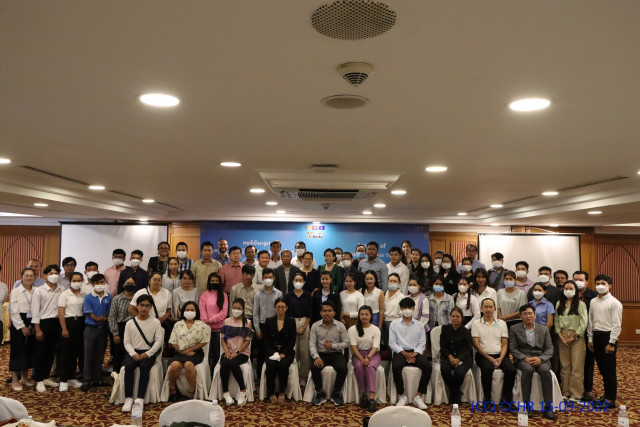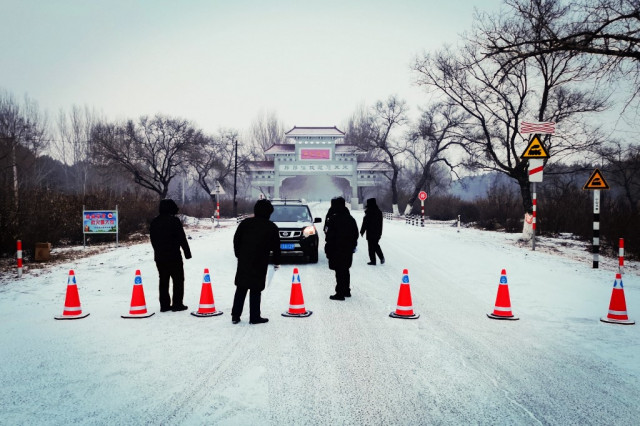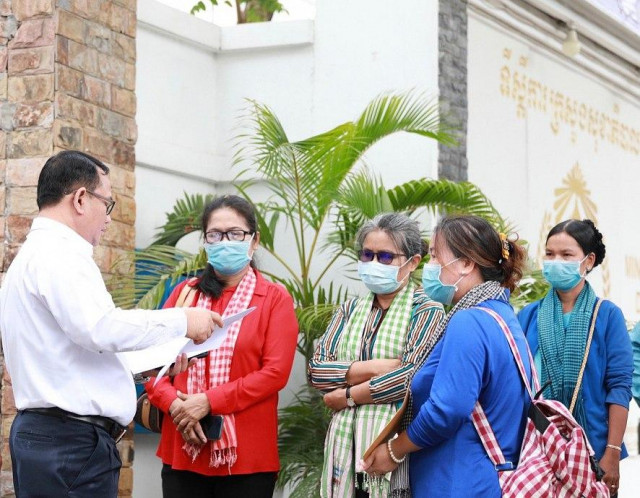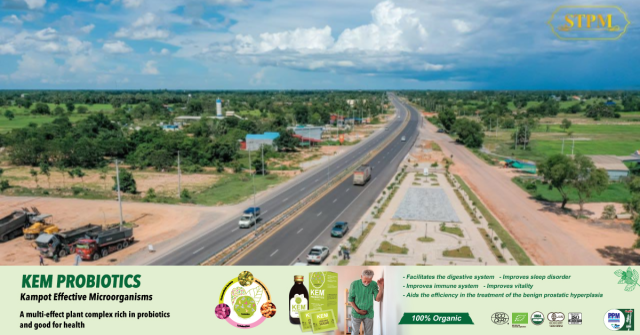Guide to Court Rights Goes Online

- By Teng Yalirozy
- September 16, 2022 9:18 AM
PHNOM PENH – The Cambodian Center of Human Rights (CCHR) has launched an online course to help people defend their rights in court.
While the state determines guilt or innocence of a crime, every defendant must be treated fairly and equitably, CCHR said.
The course modules consist of 14 chapters covering different rights to a free trial and are available in Khmer and English. Each chapter includes short videos, lessons, infographics, and quizzes to make each topic easier to understand.
Chapters range from the right to liberty or release to the right to be tried without undue delay and prohibition against double jeopardy.
Chak Sopheap, executive director of CCHR, said the modules were part of its fair trial rights project, implemented in 2009. The focus started with monitoring the trial and whether the court adhered to the standards of the right to a fair trial, the defendants had the lawyers or were present at the courtroom.
“We focused on the observation of the trial, and we monitored four courts – one in Phnom Penh and the others in the provinces of Kandal, Banteay Meanchey, and Ratanakkiri,” she said during the launch event on Sept. 15 at Sunway Hotel.
Another CCHR step was monitoring the Court of Appeal, making it easy for the team to monitor and analyze the situation to compile data.
Working with and taking input from the court alone was not enough, she said. Working with the citizens was crucial and the public had to be well informed and educated about rights in the courtroom.
CCHR compiled the database and started to share the knowledge and raise awareness about fair trials.
“What is useful is that there are some cases in the modules that show the rights of juveniles in the trial process, so the institutions working on children's rights can access data that may be relevant to their work and that they can contribute to the promotion of children's rights,” said Sopheap.
CCHR's Fair Trial Rights Project coordinator Hun Seang Hak said prior to these modules, training for one or three days on the project had been conducted among youths. They were also taken to see trials after the lessons.
The team is trying to spread knowledge of the rights to free trials among young people and the public through these freee modules, he said.
CCHR also wanted to expand the training to people in different communities but there was no certain plan at the moment, he said.
“In the past, when there was no understanding, teaching, and a visit to court, the trainees said they were terrified and did not know what and how their rights were guaranteed by law,” Seang Hak said.
“When they were trained, he said they were confident and understood the guarantee of rights in the courtroom.”
Kong Sreynou, a law student and an intern at Klahaan – an independent organization that builds evidence, organizes, and campaigns on issues that affect women – said rights to a free trial was a paramount topic to be discussed and understood.
She said she liked how CCHR made the modules available online with short videos as many people are living with technologies and can access the internet, making it easy for the public to learn about the rights without having to attend training.
"It is useful for the public who want to know more about rights to a free trial and students, especially law students like me. I found it interesting,” Sreynou said.
Kall Kann, country director of Diakonia, a Swedish organization supporting NGOs working on human rights and social and economic justice, said these modules were brought about by monitoring the courts for many years, and which were all important for the public to learn and understand.
“I hope this will be widely shared with the public, target groups, and the local justice officials,” he said.
The event was also attended by representatives of the UN, the Ministry of Women’s Affairs, the Ministry of Education, and the Ministry of Justice.















